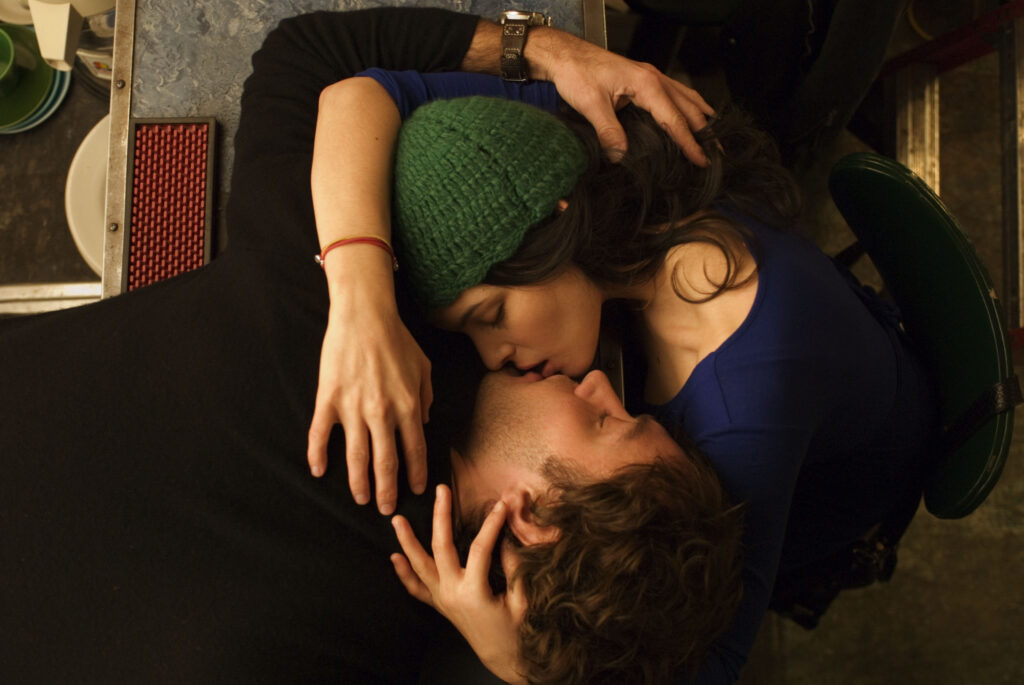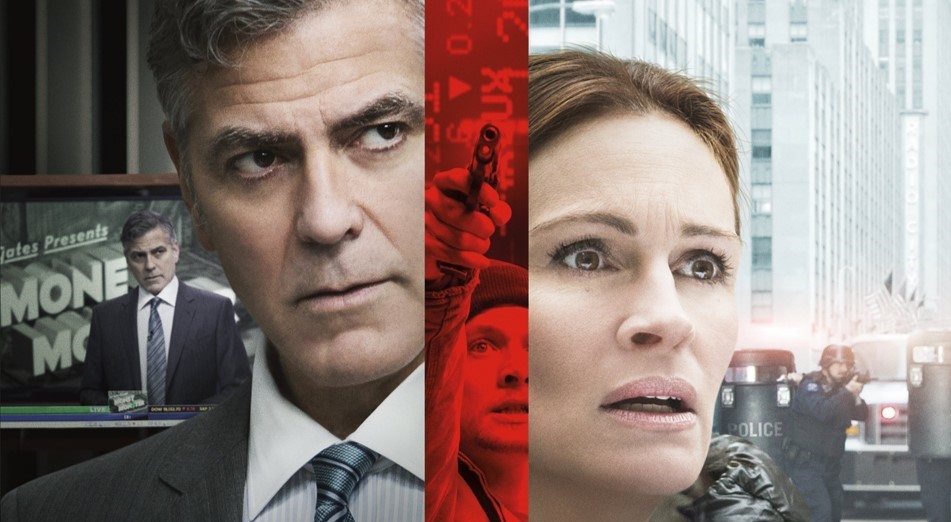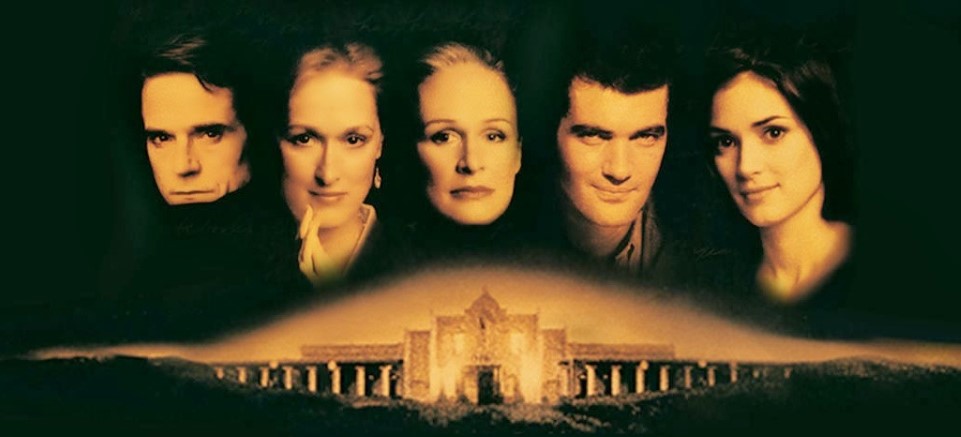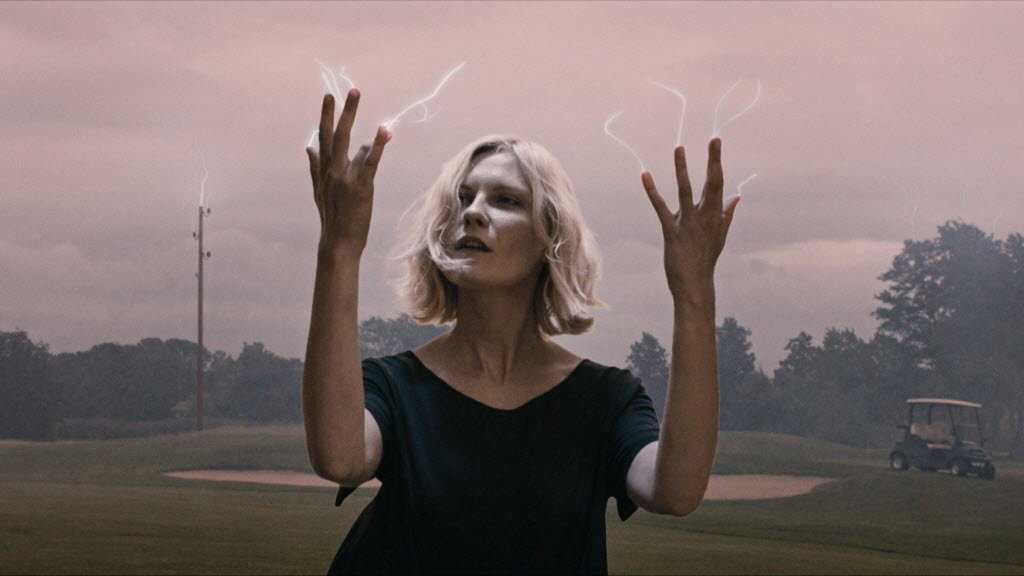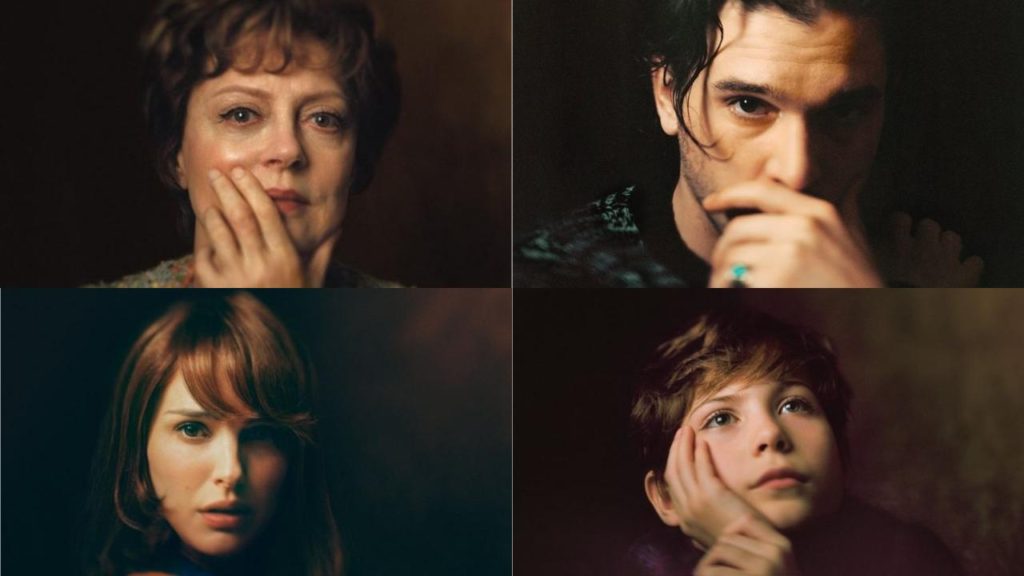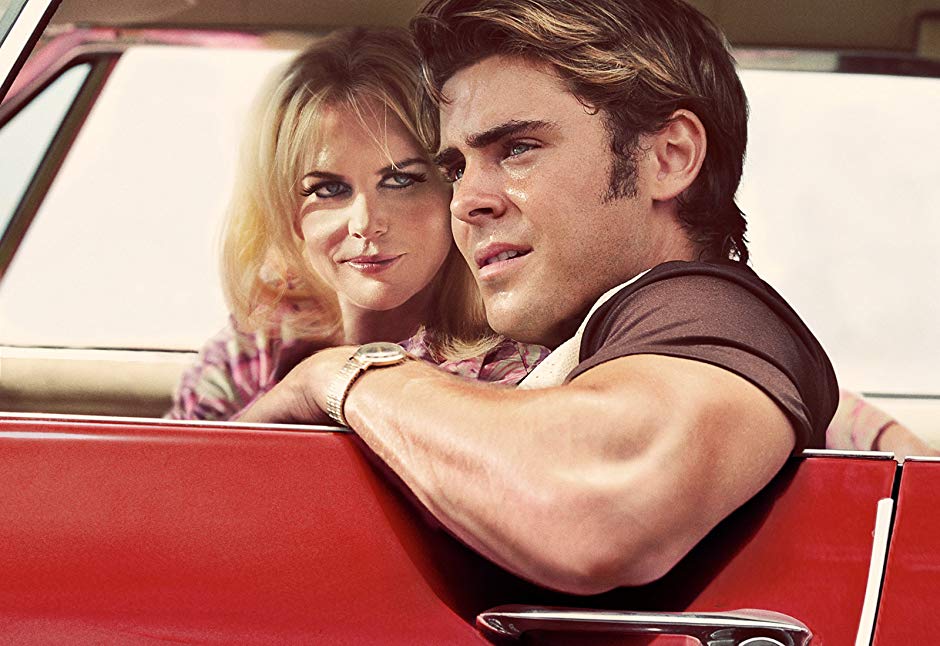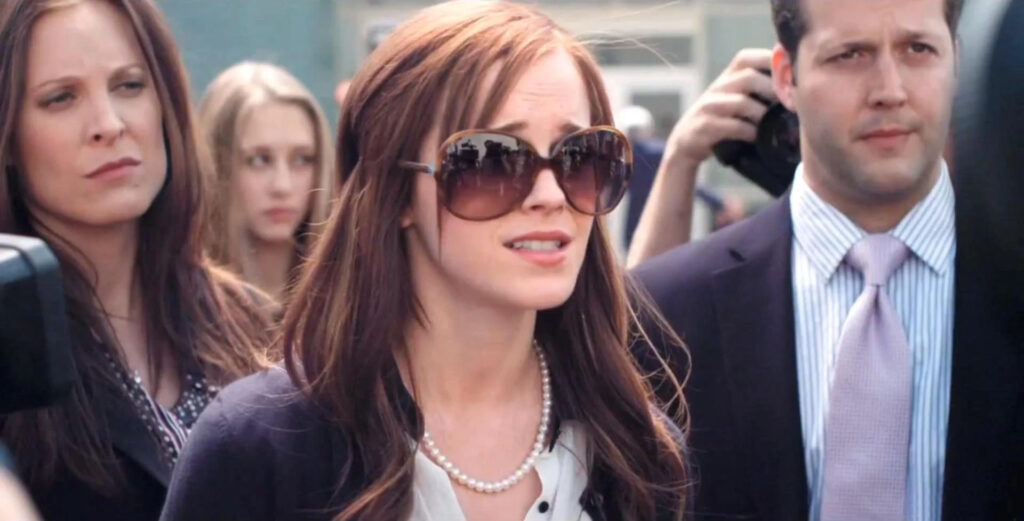
StaightioLab cohost and Gawker editor George Civeris returns to us this episode, and we’re going to Paris’. In 2013, Sofia Coppola delivered another tale of disaffected youth, this time ripped from gossip column headlines with The Bling Ring. With a post-Harry Potter Emma Watson at the center, the film follows several Los Angeles celeb-obsessed teens who famously got busted for breaking into the homes of tabloid staples like Paris Hilton and Lindsay Lohan. Already demoted to Cannes’ Un Certain Regard section (after Marie Antoinette was notoriously booed in competition), the film was one of the director’s most harshly received films for its depiction of teen misguidedness.
This episode, we talk about our varying opinions on Watson’s performance and our picks for the weakest films in Coppola’s oeuvre. We also talk about comparisons to another film from A24′s first year, the film’s atypical portrayal of the gay teen experience, and the film’s precisely-timed soundtrack.
Topics also include how mid-aughts celeb culture has evolved to today, Secret Celebrity Drag Race, and another round of Alter Egos.
Follow Us on Twitter!
@Had_Oscar_Buzz
Joe: @joereid
Chris: @chrisvfeil
George: @georgeciveris
Podcast: Play in new window | Download
Subscribe: Google Podcasts | RSS

